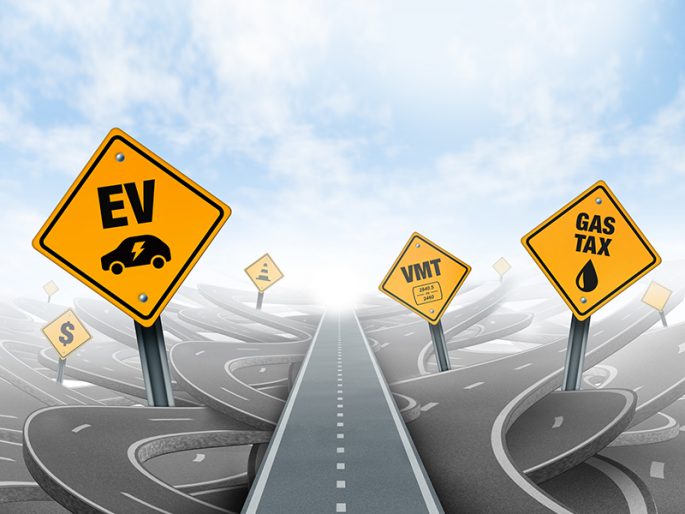How Future Funding Impacts Fueling
For decades, taxes on motor fuels have subsidized most of America’s roadway funding. But tax revenues have not kept pace with increasing road maintenance costs. Simply increasing the federal gas tax rate isn’t a sustainable solution. Fuel retailers need to understand how their businesses might be affected by alternative ideas for funding roads, including:
Increased Fees: Some states are looking at raising vehicle registration fees, while others are considering additional fees for vehicles powered by electricity and other alternative fuels to compensate for lower revenue from gasoline taxes.
Revised Tax Structures: Some states are considering adjusting their motor fuel excise tax for the energy content of the fuel being taxed to create more parity between fuel types.
Vehicle Miles Traveled (VMT): Fee structures based on actual road use are already in limited use in four states.
More Tolls: States are experimenting with a la carte charges for high-occupancy and other special toll lanes. In addition, the current federal administration has suggested a public/private partnership for infrastructure projects; presumably the private partner would be reimbursed through tolling revenues.
Future roadway funding will directly impact fuel consumption. Fuel retailers who proactively address changing consumption patterns will position themselves for a strong future. But a situation where certain states increase gas taxes while other states adopt alternative taxes will create unbalanced competition at the borders. Marketers with operations in multiple states will be challenged by this the most.
For more information, watch Fuel Marketer News for Source’s next “Fueled for Thought” column.




